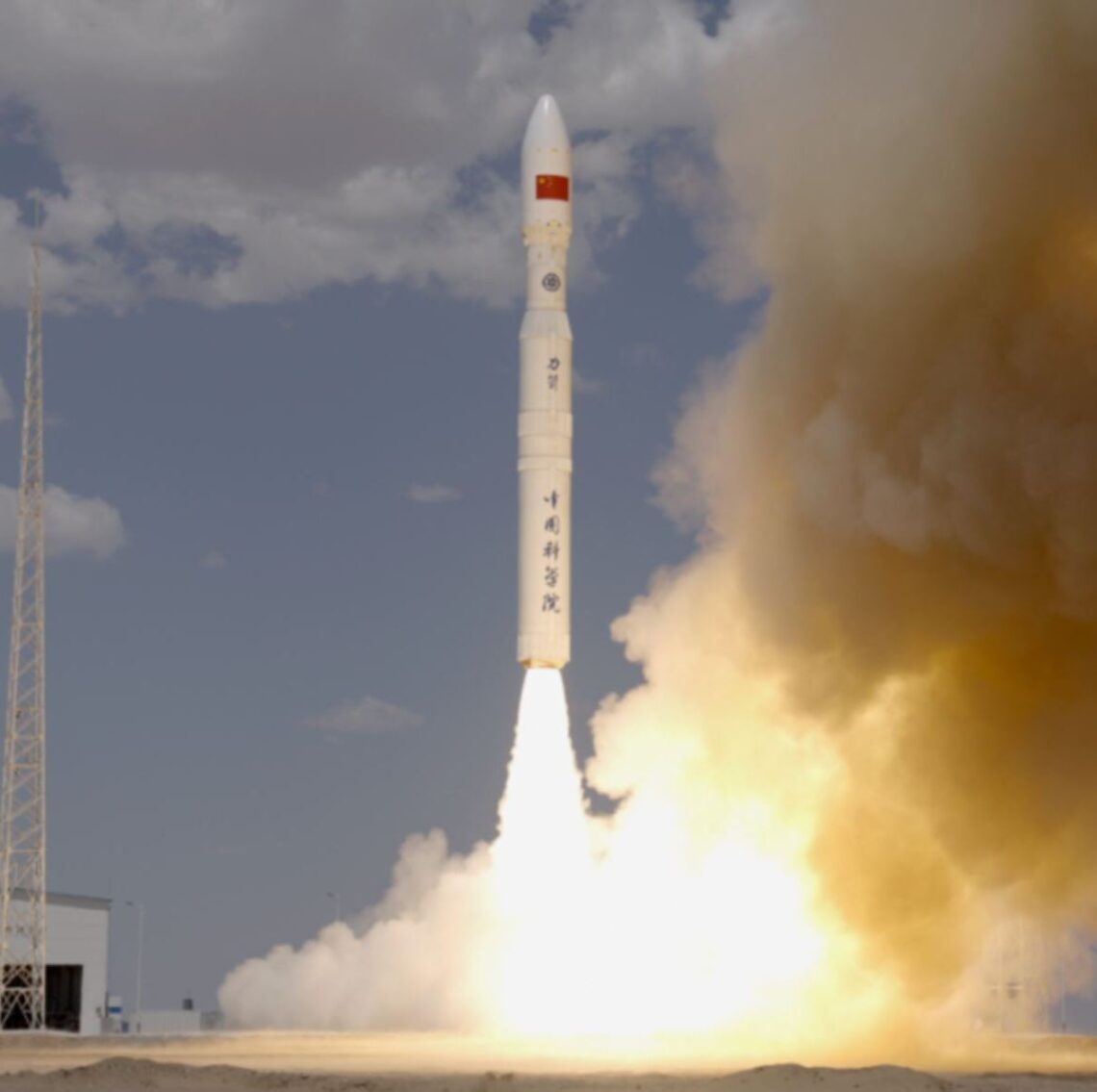HELSINKI — China will launch new quantum satellites into low Earth orbit next year, according to a scientist leading the project.
Two to three quantum communications satellites will be launched into low Earth orbit (LEO) next year according to Pan Jianwei, the scientist behind China’s 2016 Mozi/QUESS quantum experiments satellite, China Business News reported Oct. 3.
Pan, head of the Institute of Quantum Information and Quantum Technology under the Chinese Academy of Sciences (CAS), stated that a further satellite will be launched into medium Earth orbit in 2027. He added that China expects to make breakthroughs in quantum relay technologies in the next five to six years to enable a quantum communications network.
China launched the pioneering Mozi satellite in 2016 to test quantum physics in space, particularly focusing on quantum communication and encryption. Developed under CAS, it demonstrated quantum key distribution (QKD) and quantum entanglement over unprecedented distances.
The country has, along with research centers, also built the Beijing-Shanghai Quantum Communication Backbone, a 2,000-kilometer-long fiber-optic network, which was completed in 2017. In 2022, CAS and others collaborated to launch the small Jinan-1 satellite on a Lijian-1 rocket to test quantum key distribution (QKD). It also demonstrated a miniaturization of key technologies.
The new satellites will be combined with ground-based networks for greater and eventually global coverage, according to previous reports. The planned higher orbit satellite will allow for longer duration tests, as satellites in LEO pass overhead in a matter of minutes. It will carry a 600 mm diameter telescope for photon transmission.
“We are cooperating with the National Space Science Center to develop a medium-to-high Earth orbit satellite. In the future, the combination of high orbit satellites and low Earth orbit satellites will build a wide-area quantum communication network,” Pan
Read the full article here

